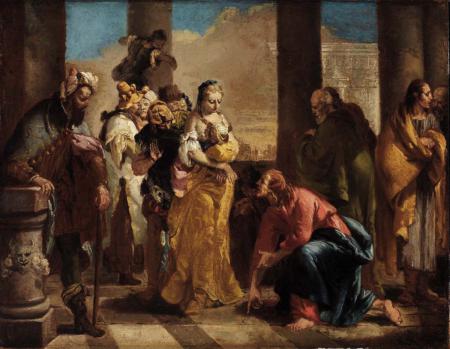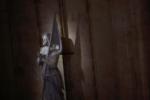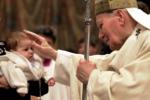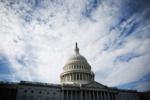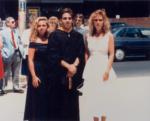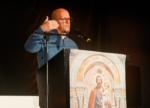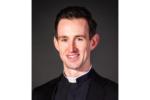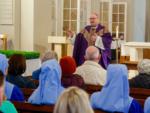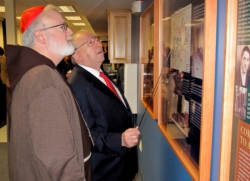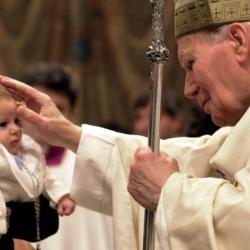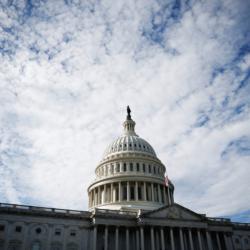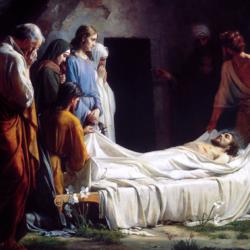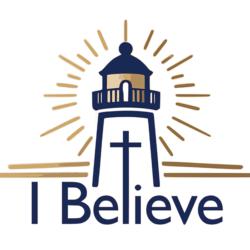Late pope honored by local Jewish organizations
NORWOOD -- In recognition of his work promoting Jewish-Catholic relations, the late Pope John Paul II was posthumously awarded the first annual Righteous Among the Nations Award at a reception Nov. 12 at South Area Solomon Schechter Day School.
The award was given by the SASSDS and the Israel Arbeiter Gallery of Understanding.
Accepting the award on the late pontiff’s behalf was Cardinal Seán P. O’Malley. Cardinal O’Malley also served as the keynote speaker for the evening.
The evening festivities included a reception in the gallery, which features a wall display of the life and times of Israel Arbeiter, a Holocaust survivor who is president of the American Association of Jewish Holocaust Survivors of Greater Boston. During the reception, Arbeiter showed the cardinal the gallery.
The evening also included a musical performance by an interfaith choir made up of SASSDS students and St. Catherine of Siena School in Norwood, remarks by Arbeiter, Consul General of Israel to New England Nadav Tamir, and Rick Mann, president of the Friends of New England Holocaust Memorial. Rabbi David Paskin of SASSDS, gave the invocation and benediction. The evening also included a candle lighting ceremony and a singing of “The Star Spangled Banner” and “Hatikva” the Israeli national anthem, by Lisa Yves Winner, a parent of an SASSDS student.
Speakers during the evening recalled the legacy of the Holocaust, and praised Pope John Paul II for his work in attempting to establish peace in the Middle East and greater ecumenical cooperation between Christians and Jews.
“The Holy Father has stated that Catholics are called to stand with the Jewish people in preserving the memory of the Holocaust,” said Cardinal O’Malley. “Speaking with Jewish leaders in Warsaw, Pope John Paul II said, ‘Today the people of Israel, perhaps more than ever before, find themselves at the center of the attention of the nations of the world, above all because of this terrible experience through which you have become a warning voice for all humanity, for all nations, for all the powers of the world, all systems, and every person.’”
The late pontiff witnessed firsthand the Holocaust because, according to Cardinal O’Malley, the pope’s native Poland was among the hardest hit. Cardinal O’Malley said that 85-percent of Poland’s 3.3 million Jews died in the death camps, which was the largest Jewish population in Europe at the time.
Tamir concurred.
“Having grown up in Poland and having witnessed the beginning of the Holocaust, the Pope knew of what he spoke,” Tamir said.
He said that in 1986, the late pope was the first pontiff to visit a synagogue. He also recalled the pope’s 2000 visit to Israel, where he told the Israelis that he had witnessed the atrocities of the Holocaust.
“He delivered one of the most important speeches ever given on Israel’s soil,” Tamir said. “No one can forget or ignore what happened.”
Tamir credited the late pope for initiating relations between the Vatican and Israel, saying that that diplomatic tie is one of Israel’s most significant today.
“I feel that it’s important to note this evening that the work of uniting our faiths for the benefit of the common good does not end with the pope’s passing,” Tamir concluded.
Cardinal O’Malley also reminded the audience that Catholics were a target of the Nazi agenda as well, saying that one-third of Polish priests died as a result of the Holocaust.
“Our memory must play a crucial role in shaping a future in which the unthinkable iniquity of the Shoah will never again be possible,” Cardinal O’Malley said. Shoah is the Hebrew name for the Holocaust.
“The Church can approach the Shoah always in a spirit of repentance for the evil that so many of its baptized members perpetuated and so many failed to stop” the cardinal added. “Those Catholics who risked their lives to help the Jews escape the Nazi terror are some consolation. We only regret that they weren’t greater in number.”
The evening recalled the evils of the Holocaust, but at the same time, celebrated the progress that has been made since that time.
“As we stand here today, we affirm the strength of our friendship,” Arbeiter said. “We stand together against those who conspire to repeat history, even if they deny history’s existence.”
“Today, we are here sadly remembering these facts so that we can work hard and dedicate our lives to make sure they do not happen again. We are reminded in our faith in one God, a merciful God, and we are committed together to do his will, to build a civilization of love,” Cardinal O’Malley said.
“We must not be reticent in working to establish a civilization of love and solidarity. We must always remember the Holocaust, always remember the Kristallnacht, and the values and examples of so many heroic people who died in resisting. We must all pledge ourselves over and over and over again that it will never happen again,” he said.
